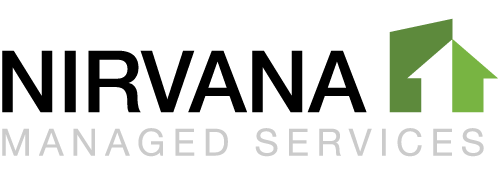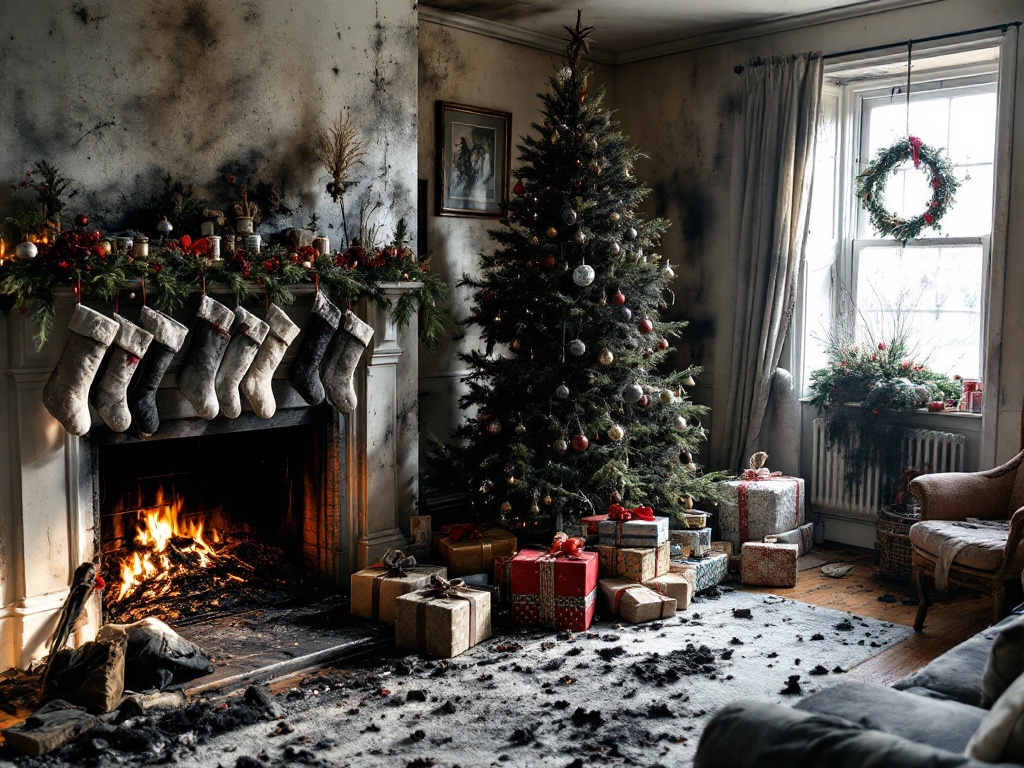Experiencing a fire can be overwhelming, but having the right insurance coverage can make the cleanup and recovery process more manageable. Understanding how insurance works in fire damage cleanup is essential for homeowners navigating this challenging time. Here’s what you need to know.
1. Understanding Your Insurance Policy
Not all insurance policies are the same, so it’s crucial to review your coverage. Most standard home insurance policies cover fire damage, but the specifics, such as the extent of coverage for personal belongings or structural repairs, can vary. Check your policy for details on what is included and any exclusions.
2. Documenting the Damage
Before starting the fire damage cleanup, document everything. Take clear photographs and videos of the affected areas and damaged items. This evidence will be invaluable when filing your insurance claim and ensuring you receive the appropriate compensation.
3. Filing a Claim Promptly
Time is of the essence when it comes to filing an insurance claim. Contact your insurance provider as soon as possible to report the fire and initiate the claims process. Provide them with all necessary documentation, including your photos, videos, and a detailed inventory of damaged items.
4. The Role of Professional Cleanup Services
Many insurance companies recommend or even require the use of professional fire damage cleanup services. These professionals not only ensure thorough cleaning and restoration but also provide detailed reports that can support your insurance claim. Some providers may have a list of preferred vendors, so check with them before hiring.
5. Coverage for Temporary Living Expenses
If the fire has rendered your home uninhabitable, your insurance policy may cover temporary living expenses. This can include costs for hotel stays, meals, and other essentials while your home undergoes cleanup and repairs. Be sure to keep all receipts for reimbursement.
6. Handling Uninsured Costs
In some cases, certain aspects of fire damage cleanup may not be covered by your policy. Be prepared for potential out-of-pocket expenses and discuss these with your insurer. It’s also worth exploring if additional coverage can be added in the future to avoid similar gaps.
7. Staying Informed
Insurance processes can be complex, so don’t hesitate to ask questions. Stay in touch with your insurance adjuster and seek clarification on any part of the process you find unclear. Knowledge is key to ensuring you maximise your benefits.
Conclusion
Insurance plays a vital role in fire damage cleanup, offering financial support and guidance during a difficult time. By understanding your policy, documenting the damage, and working closely with your provider, you can navigate the recovery process with confidence and focus on restoring your home.




